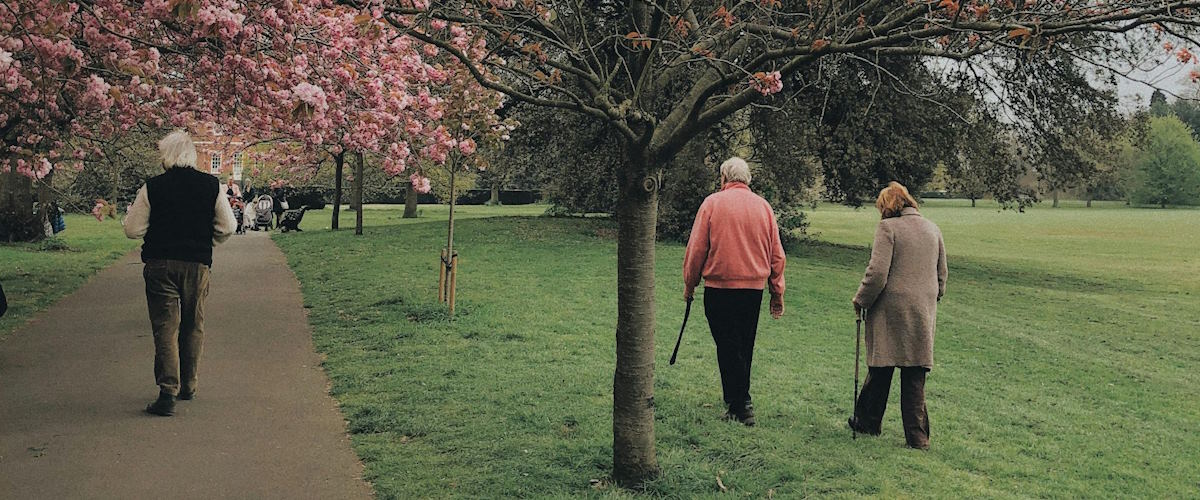Over 50s make up an increasing percentage of the world’s population. For all ages, this population shift has profound socio economic and political ramifications. Both materially and intangibly, older people contribute much to society, and younger generations gain from their wisdom. Social workers are in a unique position to support systems for aging populations and advocate for policies and programs that are age-friendly and to older adults that are culturally sensitive.
Moving around the house
Beginning with the concerns that the Pew Research Centre survey indicated as the main element undermining the quality of life in later life, we should examine the foundations of a comfortable life. While healthcare professionals are primarily responsible for managing pain and physical wellness, family members, carers, and friends can make numerous adjustments to enhance the comfort and minimise avoidable pain of elderly individuals.

Stability of the Economy
To be economically stable, one must access resources that allow one to pay for basic needs such as reasonably priced housing, wholesome food, and sufficient medical care. Nonetheless, 10% of senior citizens are impoverished. Make use of the resources and tools listed below from Healthy People 2030 to help you in your efforts to community resources for older adults services older adults more financial stability.
Responding to the ageing population presents challenges.
A typical older person does not exist. An all-encompassing approach to public health must consider the diverse needs and experiences of the human services for senior well-being. The diversity that is seen later in life is not accidental. People’s social and physical environments and how these affect their opportunities and health-related behaviours are major contributing factors.

Access and Quality of Health Care
Throughout their lives, people prioritise having access to high-quality healthcare. But as we get older, our needs for medical care vary and could even get more complicated. For instance, people who live in rural areas frequently have to travel further to see healthcare professionals, including specialists.



